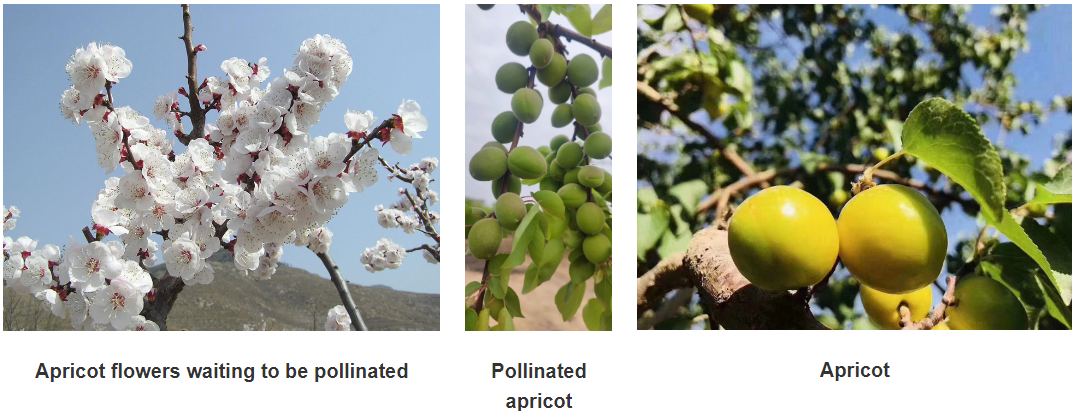Aug . 11, 2024 21:32 Back to list
Factory Specializing in Manufacturing Fruit Exclusion Bags for Effective Harvest Protection Solutions
The Importance of Fruit Exclusion Bags in Agriculture
In recent years, the agricultural sector has witnessed a burgeoning interest in sustainable farming practices. Among these innovations, fruit exclusion bags have emerged as a revolutionary tool for fruit growers. These specialized bags play a crucial role in protecting fruit from pests, diseases, and environmental stresses, thereby enhancing crop yield and quality.
What are Fruit Exclusion Bags?
Fruit exclusion bags are lightweight netting or paper bags specifically designed to enclose fruits during their growing period. These bags serve several purposes they protect fruits from pests such as fruit flies and birds, provide a barrier against diseases transmitted by insects, and can even help regulate moisture and temperature around the fruit. Available in various sizes and materials, these bags can be tailored to fit different types of fruit, ensuring maximum effectiveness.
Advantages of Using Fruit Exclusion Bags
1. Pest Control One of the most significant benefits of using fruit exclusion bags is the reduction in pest damage. For example, common pests like fruit flies can significantly affect the quality and quantity of the harvest. By enclosing fruits in bags, growers can prevent these pests from accessing the fruit, thereby reducing the need for chemical pesticides. This not only promotes a healthier environment but also caters to the increasing consumer demand for organic produce.
2. Disease Prevention Besides pests, diseases can wreak havoc on fruit crops. The bags provide a protective barrier, minimizing the risk of fungal infections and other diseases that thrive in open air. By creating a micro-climate, these bags can help fruits develop in a healthier environment, further ensuring quality produce.
3. Improved Fruit Quality The use of exclusion bags can significantly enhance the appearance and taste of the fruit. Fruits that are protected early in their development often experience less bruising, color degradation, and blemishes. This results in a more visually appealing product that stands out in the market, thereby fetching higher prices.
fruit exclusion bags factory

4. Reduced Reliance on Chemicals Sustainable agriculture emphasizes minimizing chemical inputs. The use of fruit exclusion bags aligns perfectly with this philosophy by reducing or even eliminating the need for insecticides and fungicides. This shift is vital not only for preserving the ecosystem but also for promoting human health.
Environmental Considerations
While fruit exclusion bags offer numerous benefits, their production and disposal must also be considered within the larger context of sustainability. Many manufacturers are now focusing on creating biodegradable options, recognizing the environmental impact of traditional plastic bags. By choosing eco-friendly materials, growers can further enhance the sustainability of their farming practices.
Challenges and Solutions
Despite their advantages, the adoption of fruit exclusion bags is not without challenges. The initial investment cost can be high, especially for small-scale farmers. Furthermore, proper handling and application techniques are essential to maximize their benefits. Educating farmers about the proper use, maintenance, and installation of these bags is critical to overcoming these challenges. Agricultural extension services and workshops can play a vital role in disseminating this information.
Conclusion
In summary, fruit exclusion bags represent a significant advancement in agricultural practices, particularly in fruit farming. By providing protection against pests and diseases while promoting sustainable farming methods, these bags are an invaluable resource for growers aiming for higher quality produce and reduced chemical usage. As the global focus shifts towards sustainable agriculture, the adoption of innovative tools like fruit exclusion bags will likely become increasingly integral to successful fruit production. This shift not only benefits farmers but also paves the way for a healthier future for consumers and the planet alike.
-
High-Viability Male Kiwipollen for Sale | Boost Yield
NewsAug.06,2025
-
Eco Fruit Paper Bags for Peak Freshness | Durability Focused
NewsJul.31,2025
-
Pollen Peach Tree for Pure Pollination and High-Quality Peach Pollen
NewsJul.30,2025
-
Premium Cherry Pollen for Pure Pollination & Different Types
NewsJul.30,2025
-
Artificial Pollination Solutions for Various Plant Pollen Types
NewsJul.29,2025
-
Artificial Pollination Solutions for All Plant Pollen Types
NewsJul.29,2025